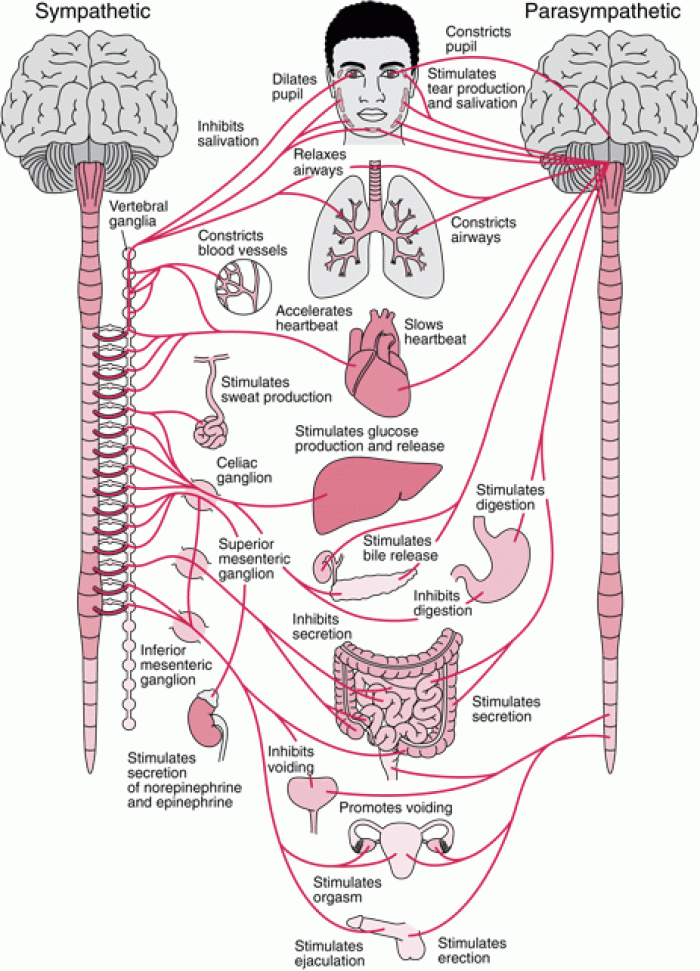Answer to Question 1ANSWER:The
actor's body and voice must be trained and flexible so they can respond to all
demands.
Truthful acting requires that the actor be a skilled observer of human behavior and
understand the relationship between a character's inner life and its external manifestation.
Actors must project themselves into the world of the play and may learn to do so through
the magic if (in other words, through imagining how one would feel or act if one were this
specific character in this specific situation).
If actors are not merely to play themselves, they must understand a character's
motivations and goals in each scene and in the play as a whole, as well as each
character's relationship to all the other roles and the dramatic action.
Onstage, the actor should concentrate moment by moment, as if the events were
happening spontaneously and for the first time.
All the characters in Chekhov's plays aspire to a better life but do not know how (or do
not have the initiative) to achieve their goals.
These characters often do not understand their own feelings, and they seek to conceal as
much as to reveal their responses.
In Chekhov's plays, subtext is often as important as text.
Chekhov does not pass judgment on his characters; rather, he treats all with tolerance and
compassion.
Chekhov's plays intermingle the comic, serious, pathetic.
Answer to Question 2ANSWER:Theatre
began to embrace variety over unity
The period witnessed new forms that lay outside the traditional comedy and tragedy
genres.
England developed a new form, ballad opera, which incorporated in an otherwise spoken
drama musical numbers set to melodies of well-known tunes such as ballads or popular
songs similarly, France established the opra comique and Germany the Singspiele.
Pantomime became popular.
Romanticism developed.
Instead of eliminating details to arrive at norms, as the neoclassicists had done,
playwrights believed they should embrace such details in all of their variety.
Writers showed a marked preference for poetry about nature and drama about unspoiled
human beings living in primitive times or in rebellion against restraints imposed by society.
The writer-genius was glorified.
Melodrama developed.







